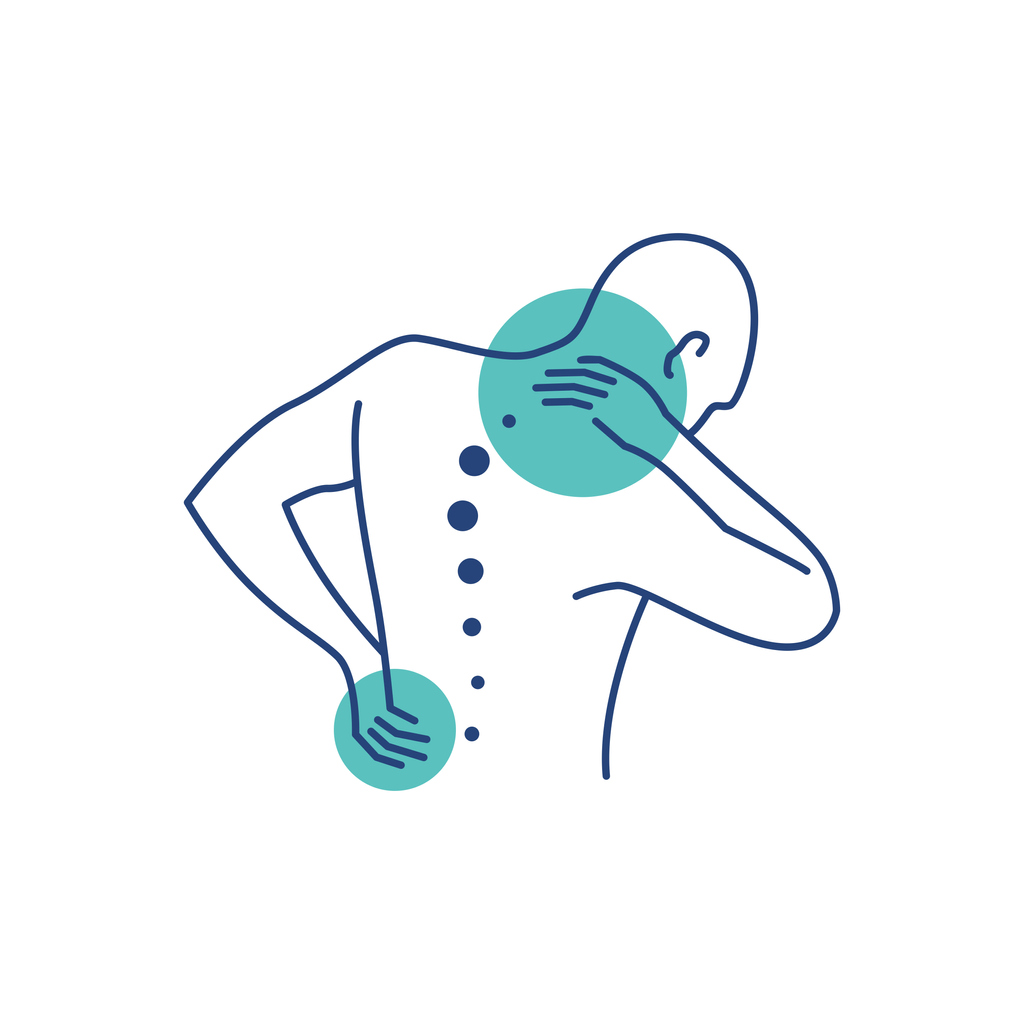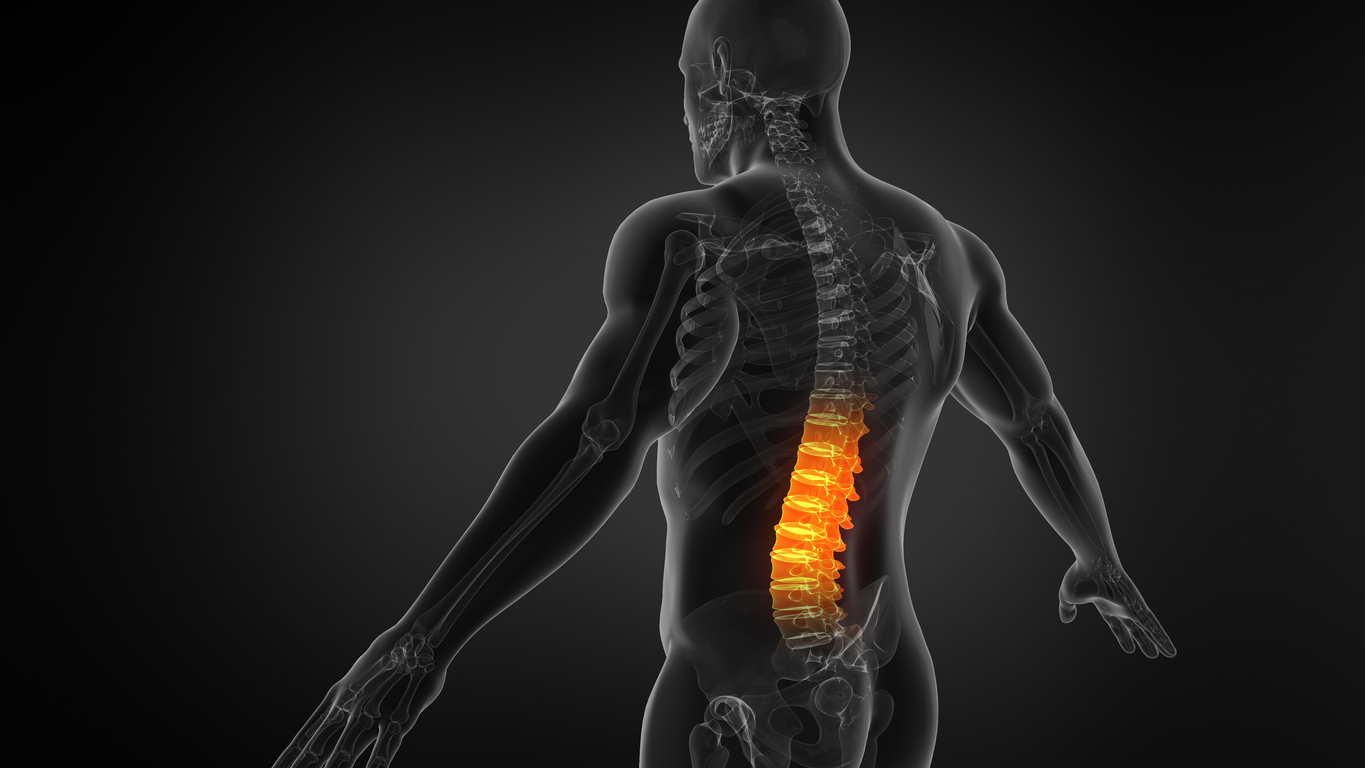Pain
10 Tips to Prevent Potential Back Pain

3 people found this helpful
Print
Share
Save
The best way to prevent potential back pain is to be proactive by making safe, healthy choices.
Here are 10 tips to prevent potential back pain:
- Get regular physical activity. Physical activity strengthens the muscles that support the spine, helps prevent muscle tension and joint stiffness, and reduces inflammation. Try low-impact activities like walking, yoga, Pilates or swimming.
- Sleep in a spine-friendly position. Sleep on the side of the body with the knees bent or sleep on the back with one pillow under the knees and another under the lower back. Avoid sleeping on the stomach, which can put added strain on the back.
- Lift heavy objects with care. When lifting a heavy object, start by bending the knees into a squat. Do not bend forward at the waist. Keep the core muscles tight and keep the object close to the body when standing up. Keep the body straight and avoid twisting while lifting.
- Carry everyday objects with care. Carrying everyday items, such as groceries, a laptop, or a heavy purse, can also put strain on the back if not carried properly. Try to distribute the weight evenly on both sides of the body. If this is not possible, frequently shift the weight from one side/shoulder to the other. Consider using a bag or cart with wheels.
- Choose the right office chair. Choose a chair with firm support to cradle the curves of the spine. Try placing a rolled-up towel behind the small of the back for extra support. Adjust the height of the chair so the feet are flat on the ground. Make sure the thighs are parallel to the ground. Use a footrest if needed.
- Choose the right shoes. Wearing comfortable shoes can help prevent back pain. Avoid high heels; choose footwear with good arch support and a heel of one inch or less.
- Get enough calcium and vitamin D. Since osteoporosis can lead to back pain, it is important to help prevent the condition by getting enough calcium and vitamin D. Foods like milk, yogurt, cheese, spinach, kale, salmon, and egg yolks are all good sources of these nutrients. It is also possible to get these nutrients through supplements; however, be sure to check with a medical professional before taking any new supplement.
- Maintain a healthy weight. Excess body weight can put extra strain on the spine. Ask a medical professional to help determine a personal healthy weight goal and try to stay within 10 pounds of that weight.
- Quit smoking. Smoking can cause numerous health issues, including back pain. It narrows blood vessels that deliver oxygen and nutrients to the spine. This lack of oxygen and nutrients makes the spine more susceptible to injury and slows the healing process if an injury does occur.
- Reduce stress. Stress can cause muscle tension, which can lead to back pain. Try to reduce stress through relaxation practices, such as meditation, breathing exercises, journaling, and guided imagery.


















